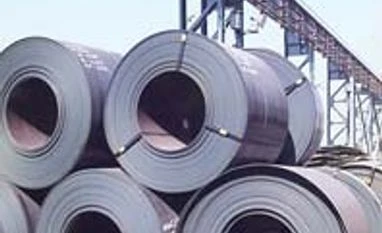Comptroller and Auditor General (CAG) has questioned the massive delay in the capacity expansion plans of Rashtriya Ispat Nigam Limited (RINL), one of the largest steel making enterprises of the country run by the government.
Moreover, it has also asked the company to renew its expired mining licences in Odisha in order to get assured iron ore as raw material for its proper functioning.
In order to increase its existing steel making capacity from 3 million tonnes per annum (MTPA) TO 6.3 MTPA, RINL had planned for capacity expansion in two stages from October, 2005 at a cost of Rs 8, 692 crore. Then, the envisaged date for completion of Stage-1 was October 2008 and for Stage-2 was October 2009 which was later revised to October 2011 and October 2012 respectively. "However, RINL has not achieved (till August 2014) the dates of completion of capacity expansion and kept revising the same," said CAG in its report titled 'Capacity Expansion of RINL for the year ended March 2014.
Against a revised time schedule of October 2012, the construction work for Stage-2 units is expected by CAG to be over by February 2015. "The destruction caused by recent cyclone Hudhud (October 2014) would only compound the delays," said CAG at a time when the Modi government has set a target of 300 million tonne steel production by 2025 to become the second largest steel producer globally. It also pulled up RINL for overestimating the its internal rate of return at 14.02 per cent -- instead of 12.96 per cent as per the audit findings -- for the expansion project, making targets of cash flow and profit after tax (PAT) unachievable.
Moreover, as RINL does not have no captive mine of its own for acquiring iron ore and coking coal, CAG has expressed its concern as the company may be exposed to the risk of paying higher cost of raw material in future. RINL had acquired six licenses for iron ore and manganese mines in Odisha in January 2011 by purchasing 51 per cent shares in Eastern Investments Limited (EIL) at a value of Rs 361 crore. However, as per the CAG findings, RINL did not derive any benefit from this investment, with all six licences getting expired and not renewed by the Odisha government till March 2014.
)